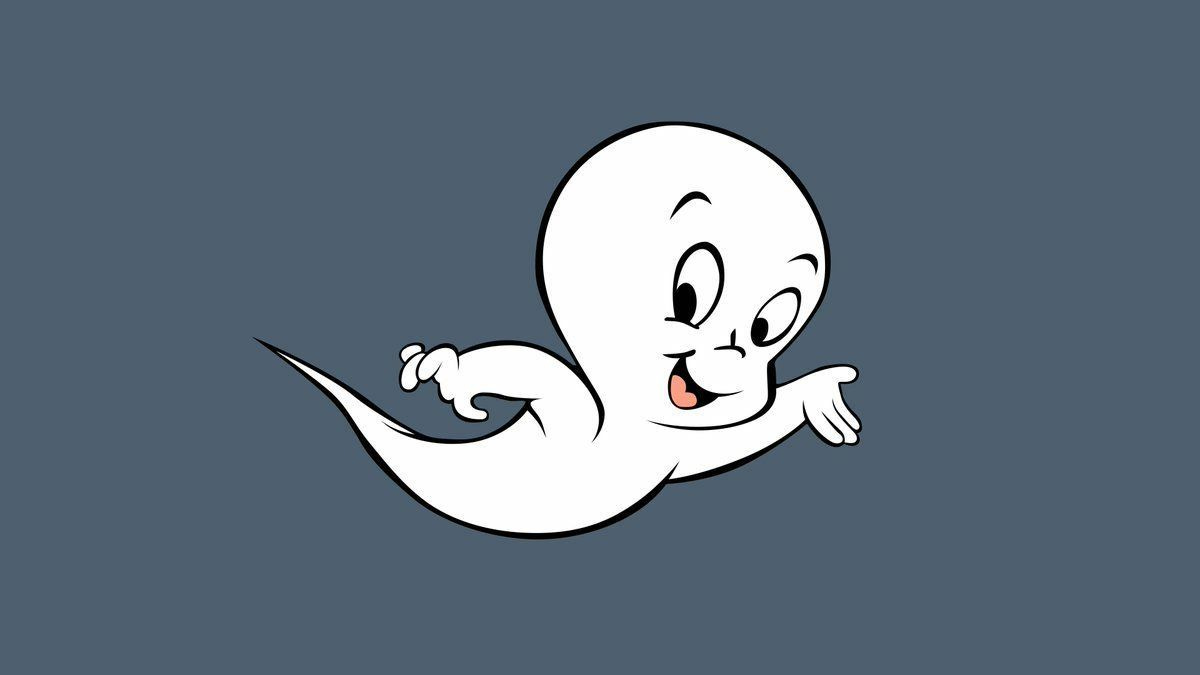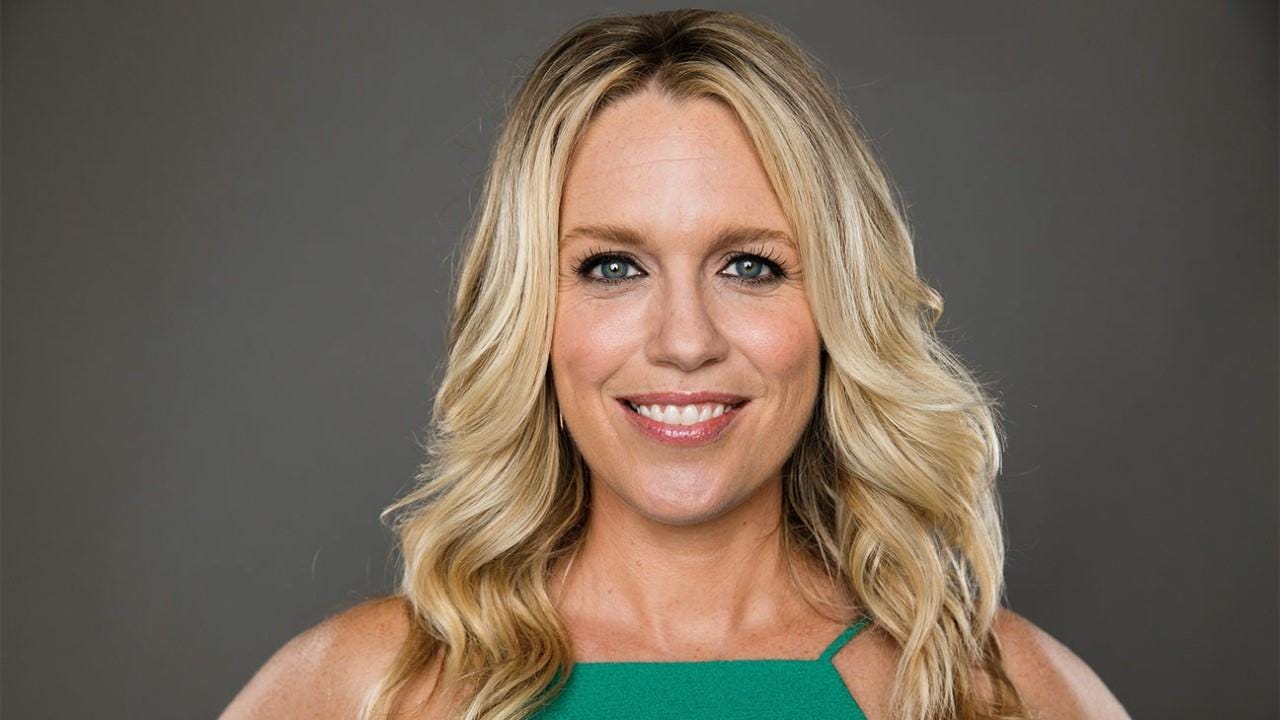Bipolar 2, Punk Rock, and Ghost Networks
Also, a new game offers a chance to use your brain and waste all your time
This newsletter is free. I think Substack would rather I charge you money, which is understandable and not what I wish to do. But it does take time and effort to provide the world with the newsletter and the Depresh Mode podcast.
If this enterprise can’t raise enough money from listeners/readers, I swear to God, I’ll turn this show around. Don’t think I won’t, mister. If you’ve already donated, thank you. If not, go here, pick a level that works for you, then select DEPRESH MODE from the list of shows. And thank you.
FIDLAR’s Zac Carper on the podcast talking bipolar, drugs, and journaling
I’M TEMPTED TO WRITE THIS ENTIRE POST IN ALL CAPS, but I won’t. Tempted because my guest on the podcast this week is Zac Carper, the lead singer and guitarist for the band FIDLAR, which is a name styled in all caps. Those caps make sense when you hear FIDLAR’s songs, which are fast, intense, and relatively short and have song titles also styled in all caps.
FIDLAR has a new album out, Surviving the Dream, named after something Zac has often said over the years when people ask how he’s doing. He likes the phrase, thinks it’s catchy, and kind of digs the multiple meanings it leaves people with.
Zac kind of sings in all caps, too, an approach he describes as barking more than singing. The band has been kicking around for 15 years, not putting out a whole ton of albums but touring a lot, putting on shows that are, pretty much yeah, in all caps.
Zac has recently been put in a spot to be a little more quietly reflective, however, having received a diagnosis of bipolar disorder 2 about a year ago. In our interview, he says it was kind of a relief to get the diagnosis because the hypomanic episodes were certainly something he has noticed over the years, where he gets ultra-focused on whatever his obsession is at the time, whether that’s been music or, as was often the case when he was younger, drugs. Today, he’s been prescribed some drugs to get his bipolar under control but he’s been reluctant to take them because they kind of tweak him out and make it harder for him to do his work.
In our interview, he talks about his years doing meth, heroin, and crack. He also talks about getting clean and sober years ago and how in recent years he’s allowed himself softer substances like alcohol. Zac says his is one of the only jobs where when you show up for work, someone gives you multiple bottles of booze to just… have. The life of a touring musician involves lots of down time and lots of free booze at venues.
NPR explores ghost networks
Having health insurance is no guarantee of receiving mental healthcare, as explained by NPR in an in-depth and fairly maddening look at the “ghost networks” some patients encounter. That’s when your provider gives you contacts to reach out to for care but the providers aren’t in a position to help at all. So you get nothing but frustrated. They tell the story of Ravi, who was suicidal.
Ravi paused. It was actually the sixth attempt to get someone, anyone, at Ambetter to give him or his mother the name of a therapist who accepted his insurance plan and could see him. Despite repeatedly searching the Ambetter portal and calling customer service, all they had turned up so far, he told Giovanni, were the names of two psychologists. One no longer took his insurance. The other, inexplicably, tested patients for Alzheimer’s disease and dementia and didn’t practice therapy at all.
“I’m a little concerned about all this,” Ravi said.
Maybe this doesn’t need pointing out but an insurance company makes more money when a patient doesn’t receive care. They keep the premiums without having to pay out. This, of course, can kill the patient.
I don’t know how many of you readers live outside the United States but things can get pretty damn infuriating around here.
Childhood trauma leads to health problems for adults
I mean, that makes sense that it would but now there’s some new research on that front. It has to do with adverse childhood experiences or ACEs.
Researchers investigated the connection between ACEs and 25 biological markers of stress and disease and 20 major health conditions in more than 2,000 people. They further broke down these impacts by sex.
The biological impact of stressors on the metabolic system were generally larger for females than males. Welfare status during childhood was more predictive of health problems in females, including thyroid, cardiovascular, digestive, joint and respiratory issues.
Emotional abuse and neglect generally had larger health impacts on males, particularly for thyroid issues, blood disorders and mental and behavioral health issues. But both males and females who experienced emotional abuse exhibited higher risk of cancer and respiratory issues.
Which Came First?
Here’s a way to waste your time if you’ve already finished wasting it on Wordle and Connections. Google’s quiz Which Came First shows you sets of two items/events and you have to guess which came first. As you get more of them, the game speeds up, which is maddening, but there you go. I did pretty well, scoring in the high 500s, and might do better if I were to spend the whole day playing it, which I SHAN’T.
Jessica St. Clair on Sleeping with Celebrities
We get way into France without going to France.
You might know actor Jessica St. Clair from the television comedies Review and Space Force, her new audiobook, The Art of Small Talk (co-written with Casey Wilson), or from any bookstore that has a special section of books where a woman throws away her American life and runs away to the French countryside. Turns out, there are A LOT of such books and Jessica’s read well over 40 of them. She gently and hilariously shares her fascination with the genre, the ideas behind it, and the trepidation her comedy partner and husband have with such notions.





Thank you so much for this interview, John! As I come to terms with my own Bipolar 2, chronic pain, and sleep issues, it helps to hear from other hypomanic creatives and to know I'm not alone. Though I’m definitely on the meds train, and being on a mood stabilizer has drastically changed my life for the better. I hope Zac finds the right treatment that works for him, whatever it may be.